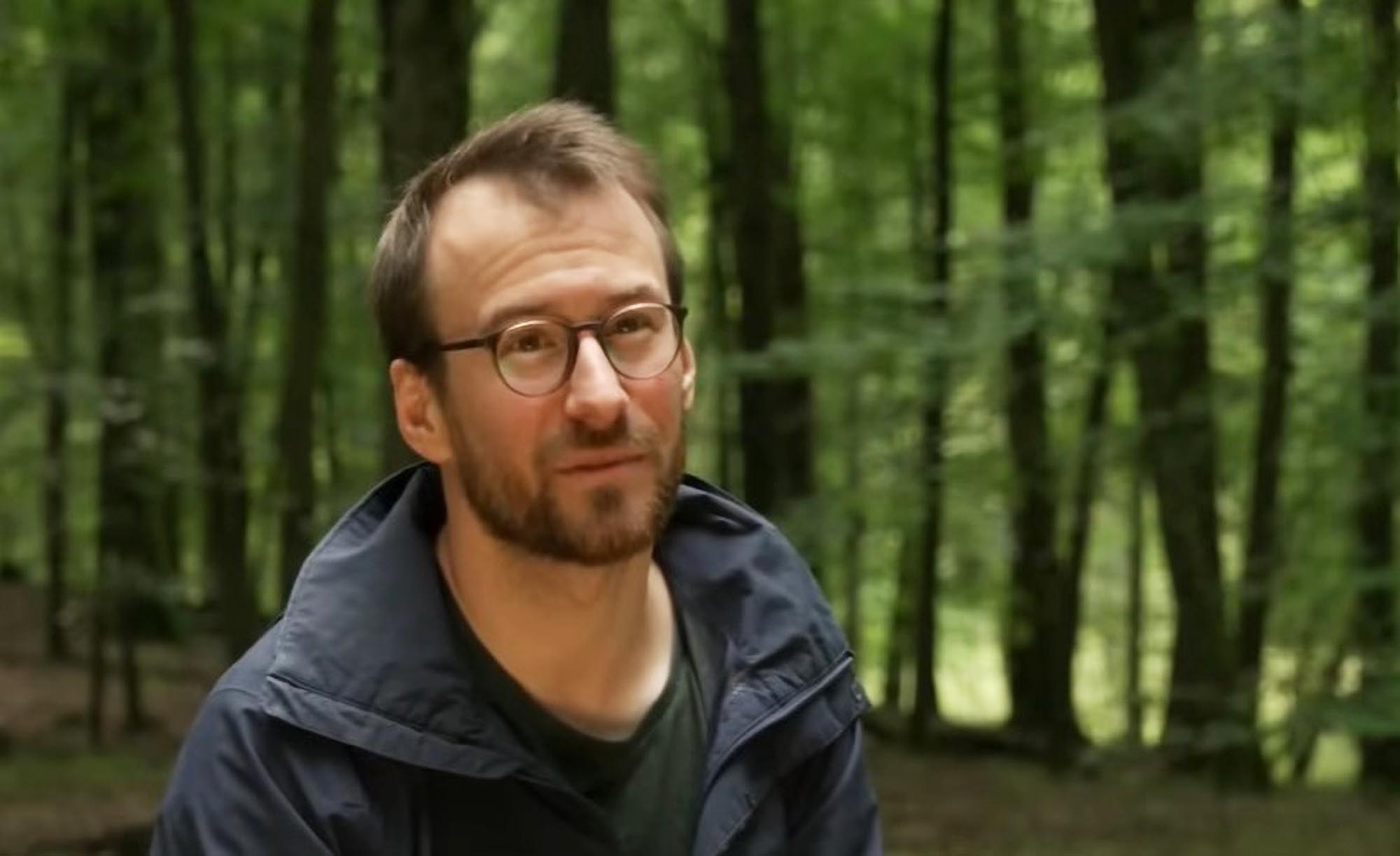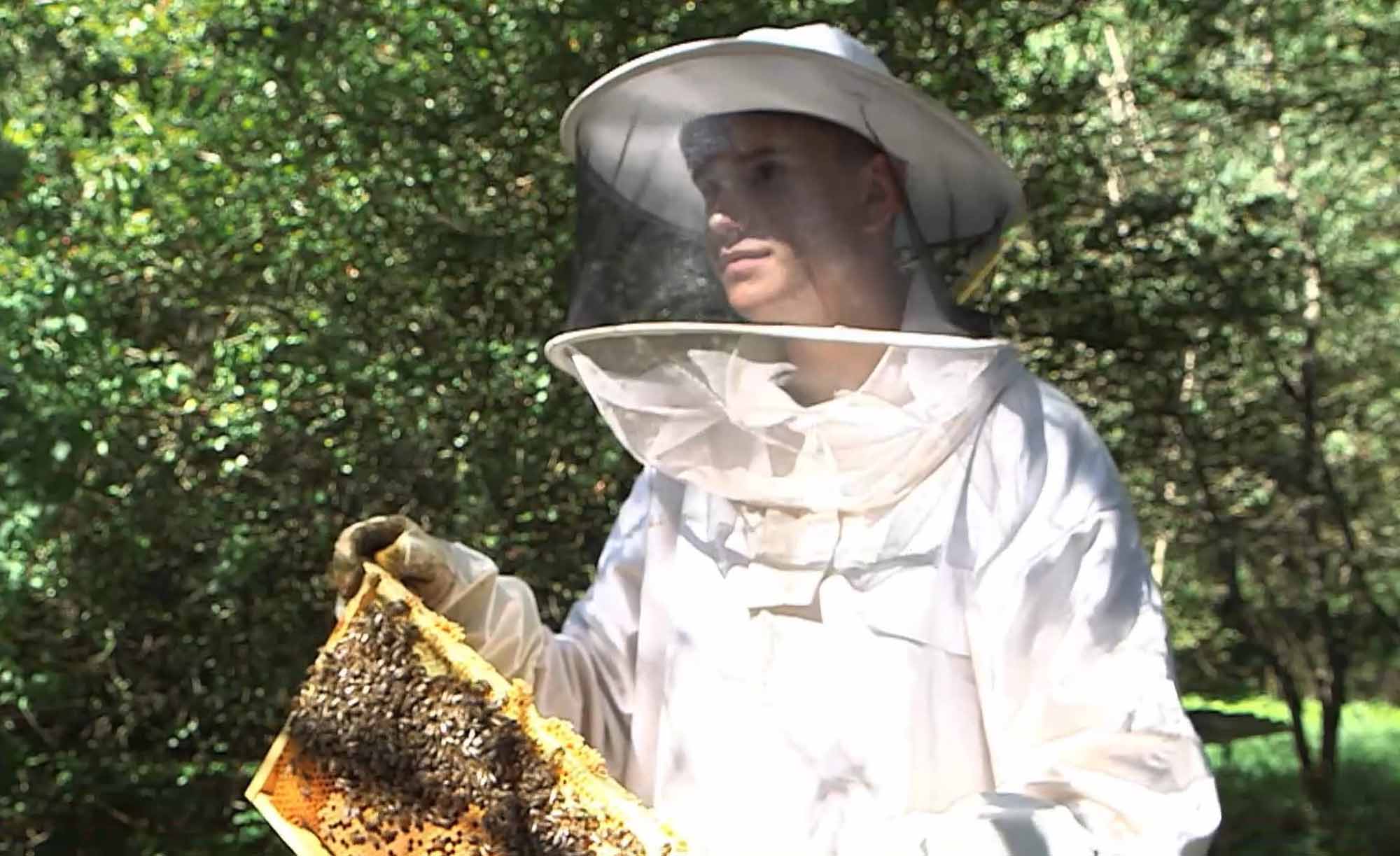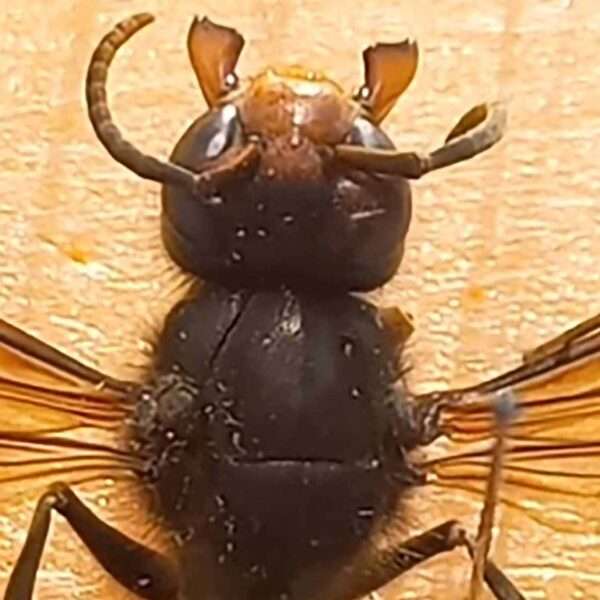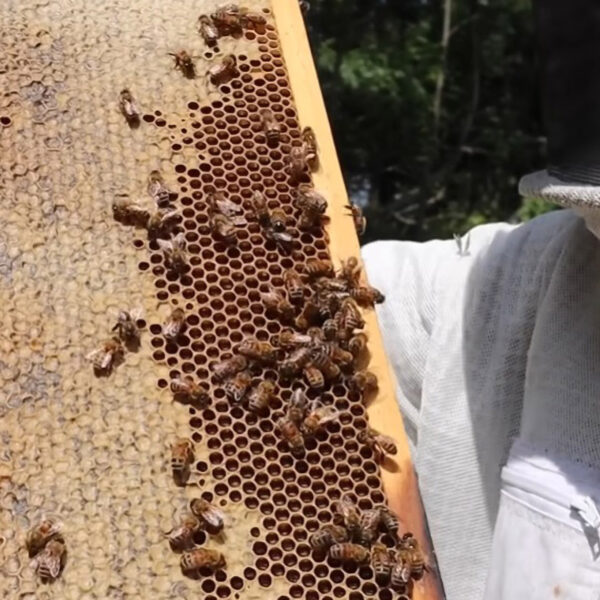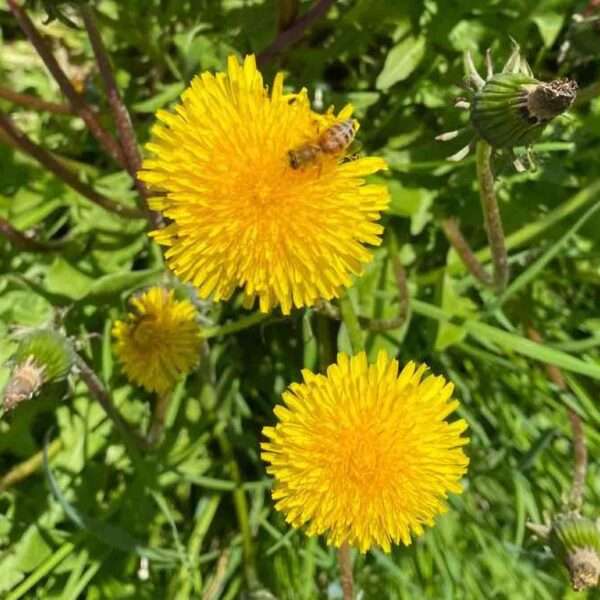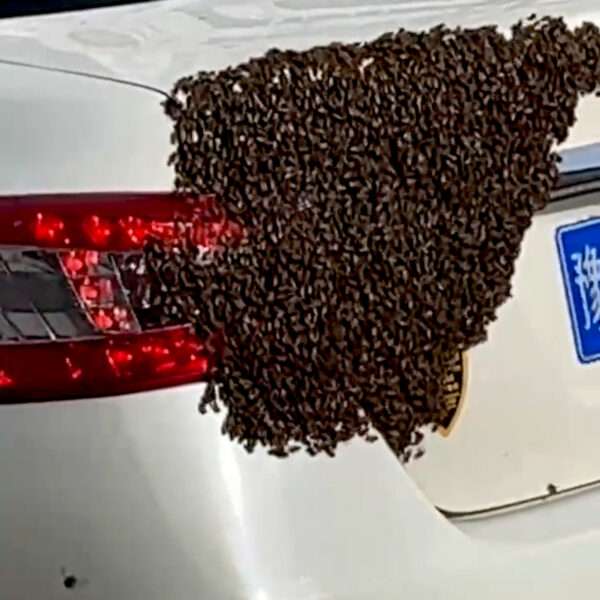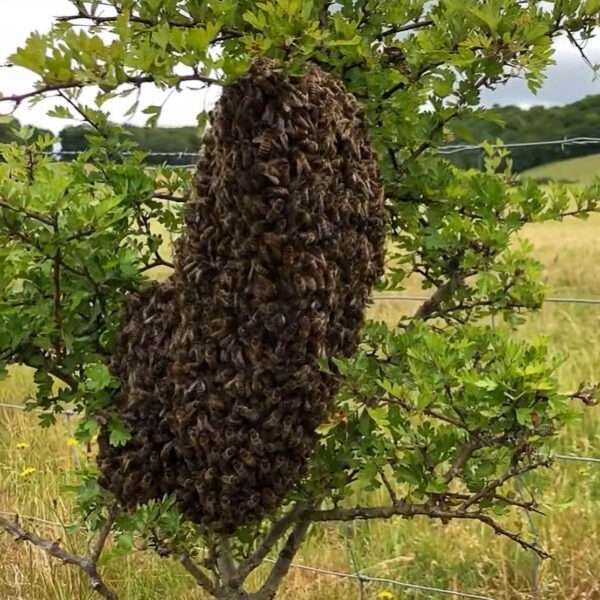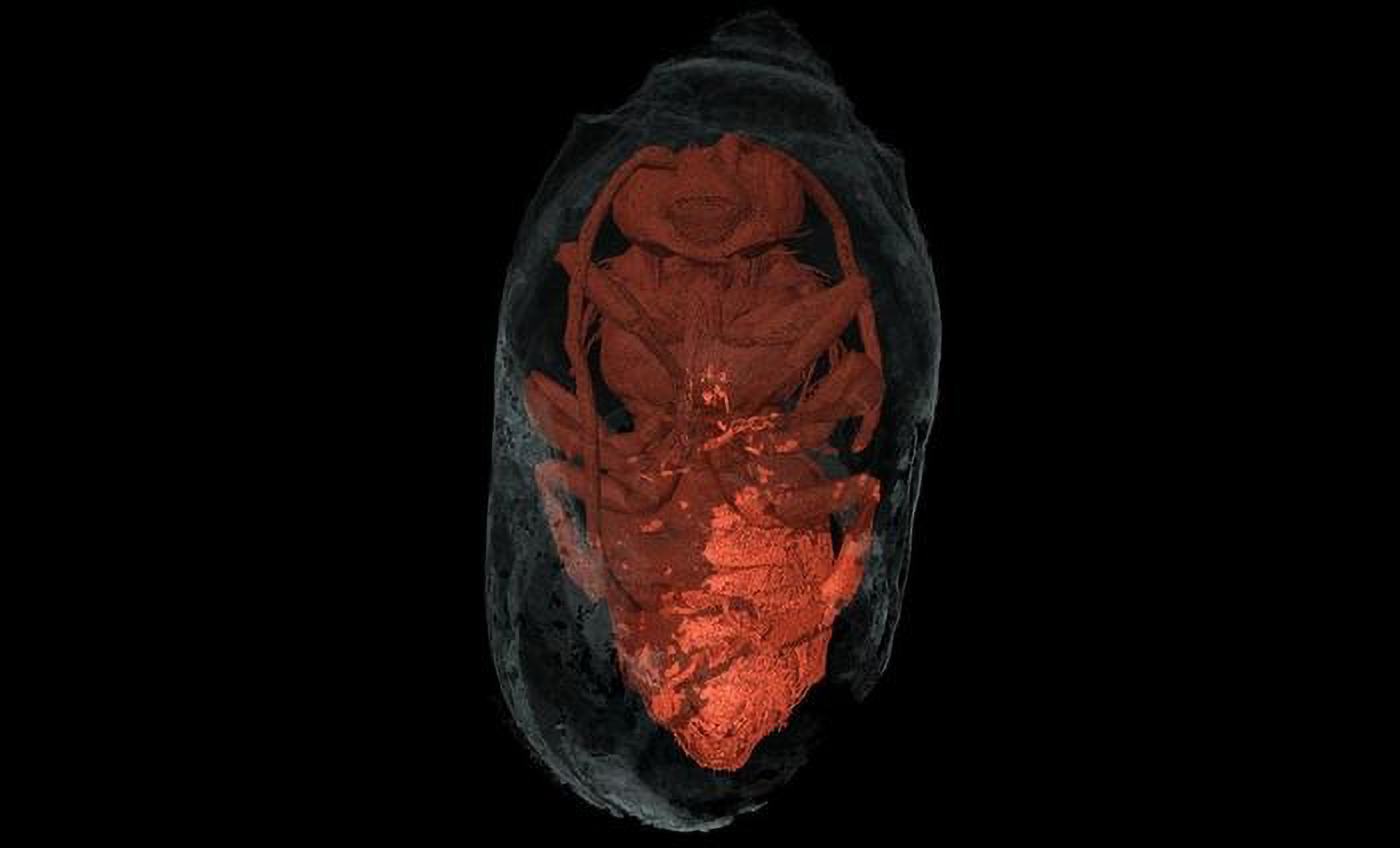Only a small fraction of honeybee colonies living in the forests of Germany persists for more than one year, according to investigations by scientists from a higher education institution in Bavaria.
Honeybees have inhabited the Central European woodlands for centuries but their number is declining rapidly. Today, they are known as highly productive but domesticated pollinators managed by apiarists.
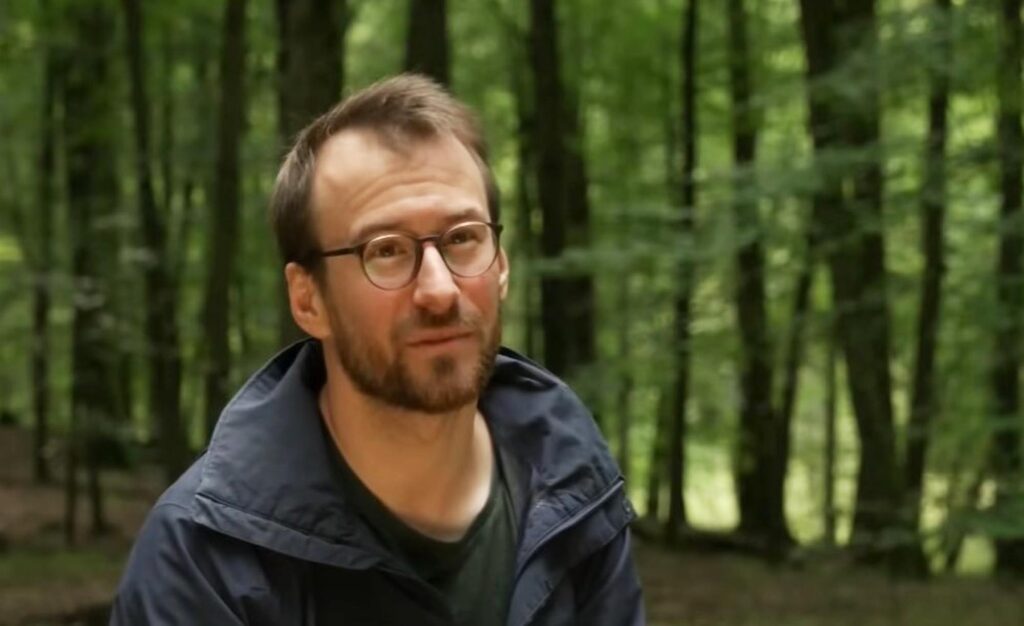
Two researchers from Würzburg University aimed to find out whether the autonomous honeybee populations were capable of surviving in the wild without anti-parasite treatment and additional food supply.
Patrick Kohl and Benjamin Rutschmann looked for undomesticated honeybee communities in forestry areas in Upper Franconia, Bavaria, and the Swabian Jura in southwestern Germany.
They fed bees with sugar water to mark them. The scientists then traced their structures in hollow trees and holes created by woodpeckers. Overall, they discovered 112 colonies.
Speaking to broadcaster BR about their findings, Patrick revealed that a very small part of the insects would get through winter. He said: “Only 10 per cent of the colonies survive from one summer to the next.”
The researcher from the University of Würzburg’s Department of Animal Ecology and Tropical Biology explained the reasons had not yet been determined. However, they cited a lack of food resources as a potentially decisive factor for their demise.
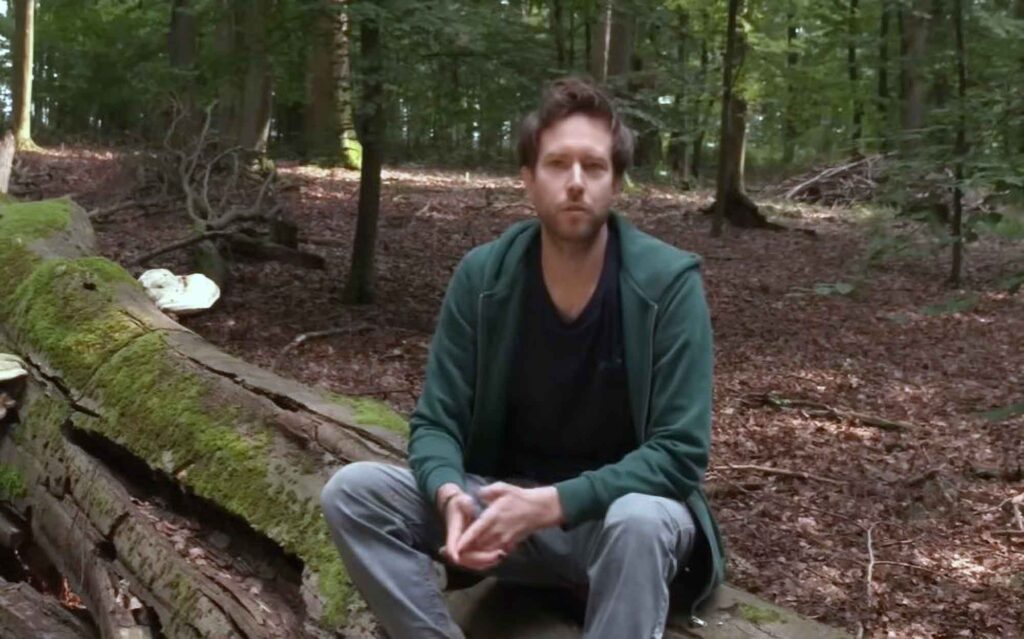
Furthermore, Patrick and Benjamin found that undomesticated honeybee colonies living in the woodlands were not as badly affected by parasites as hives in apiaries featuring their domesticated peers.
Patrick said: “We believe that around 70 per cent of the honeybee colonies we registered as living in forests escaped from some apiary hives not long ago.”
Benjamin added: “Bee populations in America have shown that they can sustain themselves. We decided to find out more about the situation in Germany. Over here, no one has previously studied the matter.”

